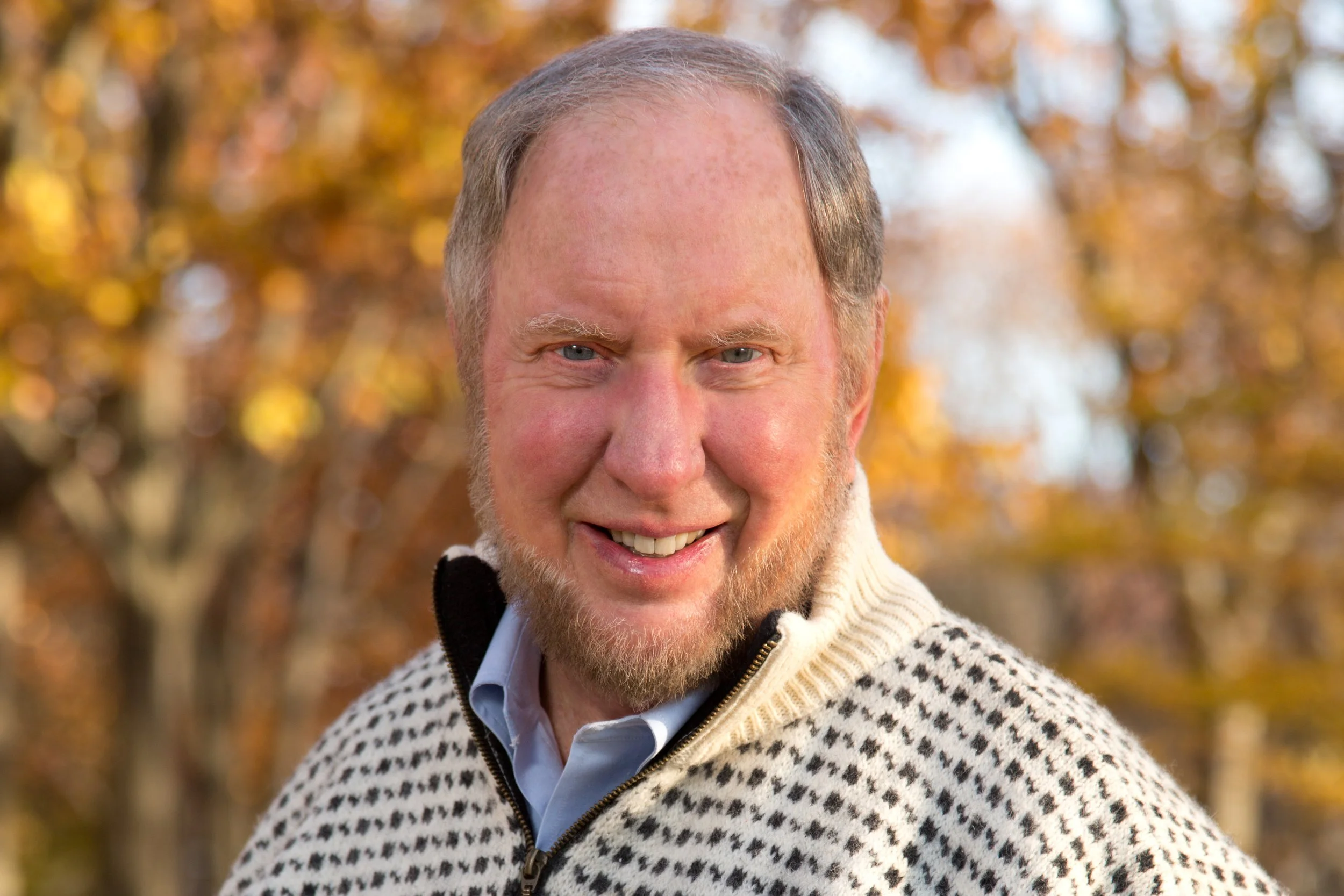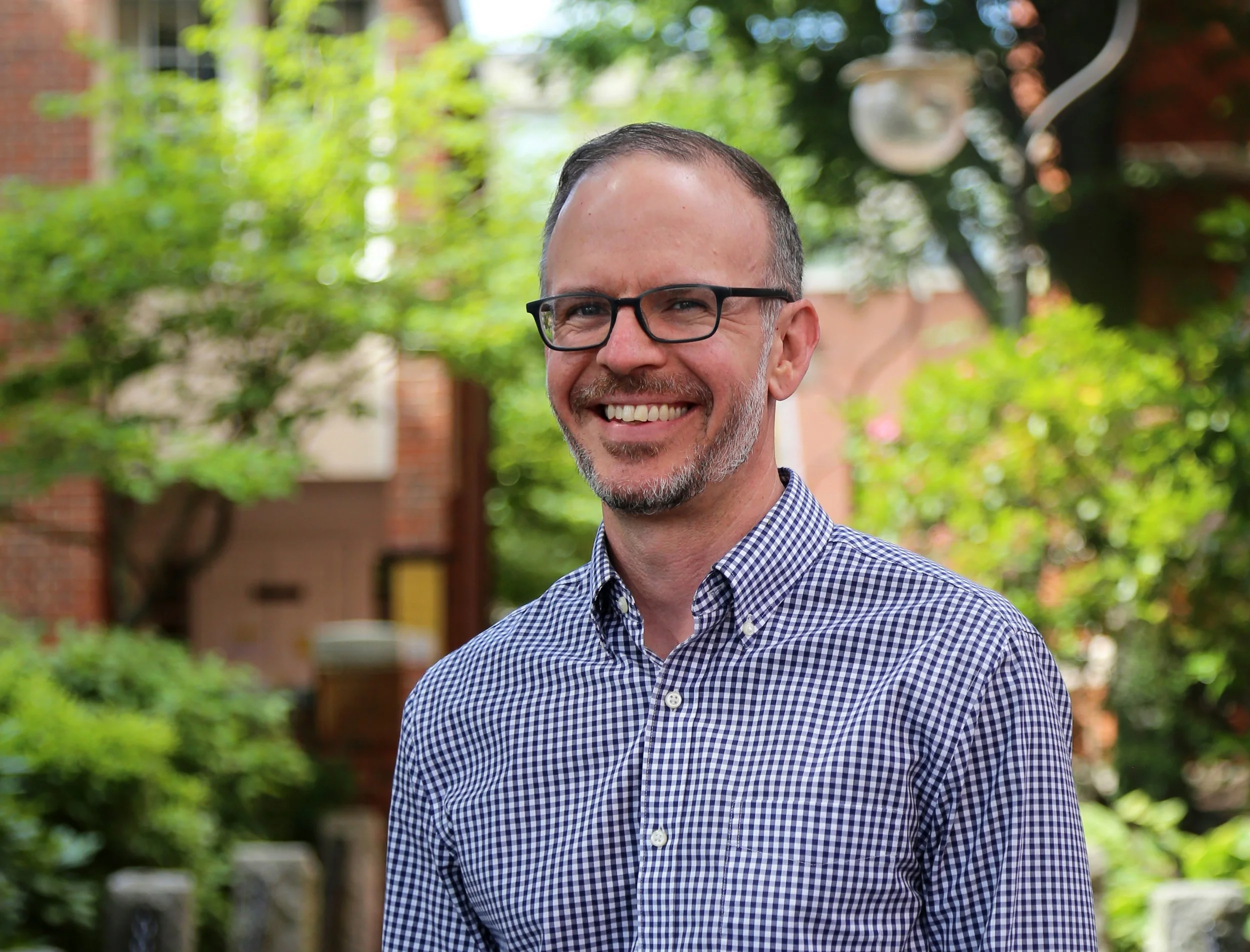UNH Civic Health Index notes some concerning trends: increased political polarization and declines in connectedness and trust in local government
Editor’s Note: This article is part of an ongoing series taking a deeper look at the Civic Health Index and what it means for Granite Staters.
By Susan Geier, Granite State News Collaborative
New Hampshire has a long-standing reputation as a politically engaged, civically responsible state. We are proud of our first-in-the-nation presidential primary. Yet when you ask Granite Staters, our feelings and actions don’t always live up to that status.
State residents have many strengths when it comes to our collective civic health, say researchers at the University of New Hampshire’s Carsey School of Public Policy, but there are a few concerning trends.
Connections across race, ethnicity and culture have increased. Trust in local media is holding steady. But people have mixed feelings when it comes to belonging to their community. Granite Staters are politically polarized and don’t always feel connected to their neighbors, and trust in local government is declining.
These findings come from Carsey’s latest New Hampshire Civic Health Index. The CHI, for short, released Oct. 9, looks at who participates and who doesn’t in public life. This includes how much people trust each other, attend public meetings, get involved, vote and help their neighbors.
“It’s a way to understand what is getting better, what is getting worse, and how we can help ourselves and our communities,” said Michelle Holt-Shannon, director and trustco-founder of NH Listens at the Carsey School. “That sort of gut check motivates me to keep checking in on this.”
The CHI is composed of U.S. Census data and the Granite State Poll, a quarterly statewide survey of more than 1,000 respondents on public opinion and behavior concerning policy issues conducted by the Survey Center at UNH. This time, the poll included questions about people’s feelings about mattering and belonging.
The Civic Health Index is ‘a way to understand what is getting better, what is getting worse, and how we can help ourselves and our communities,’ says Michelle Holt-Shannon, director and co-founder of NH Listens at the Carsey School. (UNH photo)
The last CHI was published in 2020 using data from 2017 and 2019, and an update was needed, said authors Quixada Moore-Vissing, founder and principal of Public Engagement Partners, and Carrie Portrie, research assistant professor at Carsey, citing the pandemic, the murder of George Floyd in 2022, a rise in diversity, equity and inclusion efforts, the 2020 presidential election and the Jan. 6 attack on the U.S. Capitol in 2021.
“Essentially, we couldn’t wait,” said Moore-Vissing.
One of the CHI’s positive findings was that 53 percent of residents said they are connecting frequently across a different race/ethnicity/culture, up from 44 percent in the 2020 CHI. However, researchers continue to see a decline in the percentage of people getting involved in their communities and in our levels of trust in institutions — something that has been happening over the past two decades.
In 2001, for example, 90 percent of state residents said they trusted their neighbors. Today, it’s at 84 percent. The CHI also found that people who feel like they matter has fallen by a third since 2019, from 76 percent to 43 percent.
That feeling of connection — of mattering and belonging — is critical.
“It’s easy to think it’s fluff, but it’s not,” said Holt-Shannon. “We actually have to connect and interact with people who are different from us. It helps us. It helps moderate all of us.”
One in five New Hampshire residents say they don’t feel emotionally connected to where they live, but 62 percent do.
“When people act locally, that’s where they can have the most impact and feel like they have the most agency, even though it's reflected back to us every day in the media how polarized we are,” Holt-Shannon said. “We see people every day who are talking across their differences to make their towns a better place.”
Measuring civic health
The CHI looks at three groups of civic health indicators: Civic awareness and engagement; connecting in community; and volunteering and giving.
The index also looks at education, income, geographic location, gender, age and race.
“Civic health is an outcome,” Moore-Vissing said. “Do people trust each other? Do people vote? Do people help their neighbors? But there has to be an infrastructure that helps facilitate that.”
Quixada Moore-Vissing, founder and principal of Public Engagement Partners, is one of the co-authors of the UNH Carsey School of Public Policy’s Civic Health Index. (Courtesy photo)
Civic infrastructure is not just made up of institutions, such as schools and government, but the spaces and places for people to connect. For example, what events and opportunities are available for people to get involved in a town? How transparent and accountable are public officials? Is it easy to speak at a public meeting?
“It’s a symbiotic relationship,” she said.
The CHI findings back this up. Of those surveyed, 35 percent said they didn’t feel that they understood how their town works, and one in five aren’t comfortable with expressing their opinions in their town or city.
The research shows trust in the national government remains low, and trust in local government has continued to decline. Most people only sometimes or almost never trust national government, and that has shifted by political identity and level of education.
Trust in the national government has dropped since 2001, and low trust has remained. In 2019, there was about equal distrust between Democrats and Republicans, but this shifted significantly in 2023 — now conservatives and libertarians almost never trust the national government, while progressives and liberals exhibit lower distrust.
Andy Smith, director of the Survey Center and a political science professor at UNH, said the parties in power are more trusted by those who support that party.
It’s also typical that people with a high school education are more likely to exhibit distrust than those with a college education — which is supported by the findings.
What is concerning, said Smith, is that when people are asked if they feel they can have an impact in their local community, 63 percent of people agreed, compared to 77 percent in 2019.
“That’s a pretty significant drop,” he said, adding that some of the blame may be attributed to COVID and divisive politics. “A whole lot of people feel angry and not listened to on the right and the left.”
When asked if they feel like they can have an impact in their local community, the percentage of Granite Staters saying they do fell from 77 percent in 2020 to 63 percent in 2023. ‘That’s a pretty significant drop,’ says Andy Smith, director of the UNH Survey Center. ‘A whole lot of people feel angry and not listened to on the right and the left.’ (UNH photo)
However, New Hampshire still has the highest rate of trust in government compared to other states, said Smith, adding that most people here and elsewhere don’t pay much attention to politics.
“People generally don’t know what the issues are or what is happening,” Smith said. “They don’t consume news like they did 30 years ago. We have much more access to news content now, yet we consume less news than our parents and grandparents did and our children even less.”
Local government
At the local level, in 2001, 52 percent of residents said they trusted local government, and now it’s down to 37 percent, according to the CHI.
“Voter turnout is quite high for the presidential elections, but it’s like 15 or 20 percent for local elections, and in places with town meetings even less,” Smith said. “People aren’t turning out for school board, town council or budget meetings. And those are the things that impact our daily lives the most — far more than whoever is elected president.”
Harvard Professor Robert Putnam, who has spent a career studying the decline in civic connectedness, says the slow decline in voting, volunteering, spending time with friends, families or belonging to groups or clubs affects the health of our communities and civic institutions. (Courtesy photo)
People in New Hampshire, like the rest of the country, don’t attend public meetings or belong to clubs, groups and organizations like we did in past decades, according to researchers. Even those who frequently did favors for neighbors has dropped by half, to a low of 5%.
Robert Putnam, a New Hampshire resident and retired Harvard professor, has been studying these issues for the past 50 years. He said our declining involvement in community institutions has harmed our civic infrastructure.
“This decline allows you to question the fundamental good of those institutions,” Putnam said.
And that affects our feelings of trust, mattering, and belonging. That sense of connection and belonging is critically important, said Will Stewart, executive director of Leadership New Hampshire and former head of Stay Work Play, a nonprofit that works to attract young people to live and stay in New Hampshire. That sense of connection is so important that Stay Work Play made it a key part of its latest strategic plan.
“Young people are part of a generation that is more mobile and transient, and therefore more likely to leave the state. We want to help them put down roots,” he said.
Smith said it’s clear we need to repair our trust in government and institutions.
“New Hampshire needs to improve our civic education in primary and secondary schools,” Smith said. “(Students) need to be educated about what it means to be citizens and what their responsibilities are. This is by far the most important thing we can do.”
The decline in connectedness and involvement in the community ‘is more concerning in New Hampshire,’ says Will Stewart, executive director of Leadership New Hampshire and former head of Stay Work Play, because the state is ‘reliant on people being civically engaged.’ (Courtesy photo)
Stewart agreed and said, “What is more concerning in New Hampshire is that we are so reliant on people being civically engaged. We rely on volunteers for select boards, school boards, zoning boards, civic clubs — even passing the plate at church. Our reliance on volunteers has a disproportionate effect in New Hampshire versus the rest of the country.”
The state’s legislative body, for example, is made up of volunteers — 400 state representatives and 24 state senators who get paid $100 a year, plus mileage.
Still, Stewart said he is hopeful things will begin to change.
“I hope it’s bottoming out. This has happened before in American history over the centuries and decades — it’s not unique to New Hampshire.”
These articles are being shared by partners in the Granite State News Collaborative. For more information, visitcollaborativenh.org.





